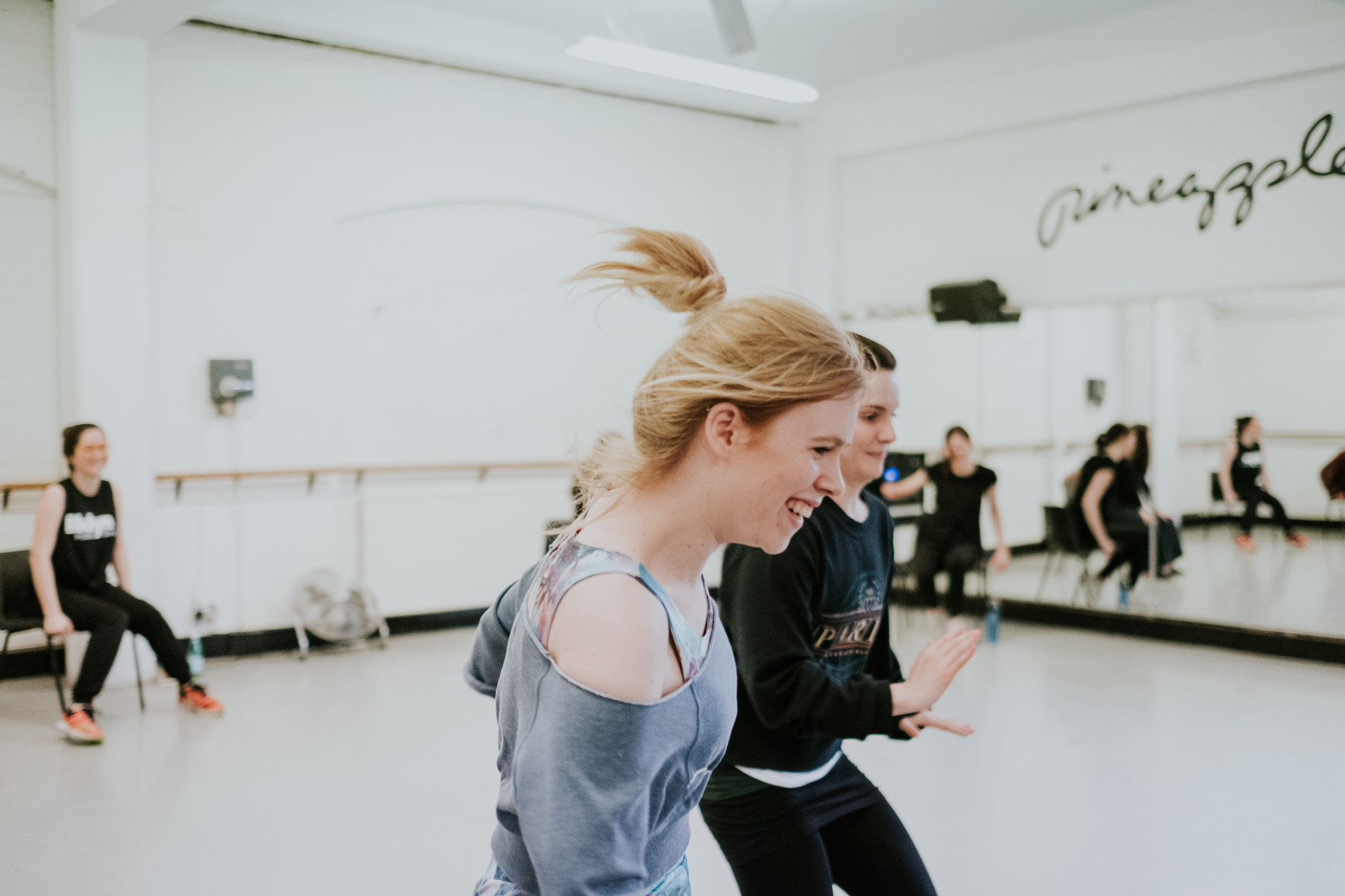Dr Jane Oakland on resilience: an essential skill to develop and practice for any acting professional
Do whatever is necessary to process your emotions soon after the event, whether it be crying, shouting or a heavy work-out in the gym and then move on. Don’t try to keep feelings of rejection locked inside you.
As part of our series on mental health, we speak with Dr Jane Oakland on the importance of resilience for a tough and unpredictable career like acting.
An actor’s lifestyle and working environment can pose unique challenges to psychological wellbeing. The constant search for work in a highly competitive industry, where long periods out of work are seen as normal and rejection common, are just some of these challenges. Criticism and rejection can become very personal and meaningful because an actor’s main tools are drawn from themselves. Resilience can provide a ‘psychological buffer’ in times of adversity and contribute to wellbeing and career longevity.
Resilience is commonly defined as the ability to cope with adversity by being able to adapt to change, while at the same time maintaining a degree of stability in one’s life. It occurs when an individual combines the belief that they have control over the events in their lives with the power to make desired or necessary change.
A number of studies are looking to Positive Psychology as a method to encourage resilience. Directing self-focus towards human strengths and what works well is thought to be highly influential in fulfilling potential and personal achievements. Concentrating on positive emotions is thought to encourage psychological flexibility and broaden an individual’s perspective on life, thus leading to increased personal resources to adapt to change and adversity. However, if you are going through a ‘down time’ it can be difficult to think about positive emotions and achievements. Below are a number of strategies to think about in those times, to help you through to a more positive mind-set:
Remember your personal strengths
Know what you do well! It is important to acknowledge your personal qualities both as an actor and a person. Make lists of these qualities and keep them to hand so you can remind yourself of them before you go into that audition or if confidence is at a low ebb.
Draw from past adversities
These form the basis of your deposit account to be drawn out in times of need. If you believe you have the ability to cope with a challenge, you will feel more in control of new challenges as they arise. Make a list of the difficult situations you have previously handled well, no matter how small. Include personal and professional situations. Make notes on how you coped with these situations and remind yourself of these during times when coping feels difficult.
Remember your core motivation
Why do you do what you do? Ask yourself two questions: ‘What does acting mean to me’? and ‘What does being an actor mean to me’? This can help you remember why you entered the profession. There are two main types of motivation: internal motivation and external motivation. Internal motivation (as the name suggests) comes from within – it is characterised by a passion for acting. It is something you love doing and is not dependent on status and recognition (although these can be desired). In external motivation, rewards are sought through external sources such as work, status, positive appraisal. Because these rewards are dependent on others they are fragile, unlike the rewards of internal motivation. Focus more on your internal motivations and rewards that are within your control.
Focus on aspects of your life that give you balance
Investing heavily in the actor identity can make you vulnerable during the down times. Remember, we all have multiple identities. In addition to the various stage identities you assume as an actor you may be a partner, a parent, a sibling, an athlete, a teacher, etc. A work/life balance can be little more than an aspiration in current society, but practical and psychological investment in other personal identities ensures that you have other aspects of self to give you confidence and self-esteem, which can help cope with the isolation you may feel if you are not working.
Practice acceptance
Be aware that there are going to be down times. Accept that you will feel low if you don’t get the job or you forget your lines. Accept that the biological and psychological ‘buzz’ you experience when you are working will change when the run has finished. Do whatever is necessary to process your emotions soon after the event, whether it be crying, shouting or a heavy work-out in the gym and then move on. Don’t try to keep feelings of rejection locked inside you. They will only magnify if not given an outlet. It also helps to remember that creativity requires despair as much as euphoria. Negative experiences can be put to positive use.
Substitute activities to keep motivation strong
What aspects of being an actor really motivate you? Look for other areas in your life where you can re-create these aspects (e.g. being creative, being a performer) to help you through times out of work. Can you do something that isn’t acting to keep the creative flame alight?
Ask for support
Talk to friends and family, make use of any professional advice from reputable online resources (BAPAM, Equity, ArtsMinds, Spotlight). Form your own self-group from a small number of trusted colleagues.
To conclude, developing resilience is a quality that can be acquired and is a skill to be practised in order to sustain motivation, passion and perseverance throughout an acting career. Coping with adversity is a highly personal matter, but it can help if adversity is seen as a problem to be solved rather than a dark cloud above your shoulders that will inevitably be there. Problem solving requires creative thinking. It can help you to remain proactive and feel more in control of your personal and professional life. The strategies above should be thought of as suggestions only. Use them as a basis to discover what works for you. Coping with adversity makes you a stronger, more well-rounded and consistent performer.
Read more about wellbeing and mental health on Spotlight.
Jane Oakland is Psychology Module Lead at UCL on their Performing Arts Medicine Msc, Performance Coach at Birmingham University and a BAPAM trainer and practitioner. She runs a private practise giving psychological support to all types of performing artists. Prior to this Jane worked as an opera singer for 35 years in UK and Holland. For more information see www.stresspoints.co.uk












